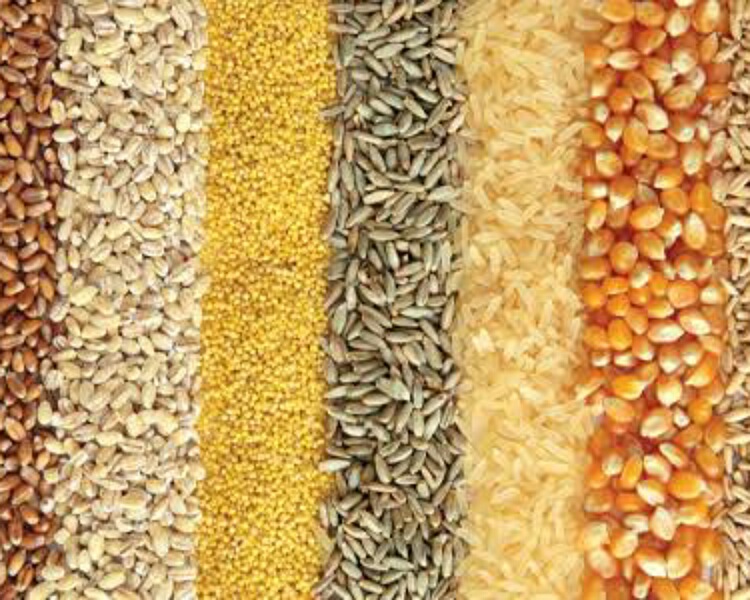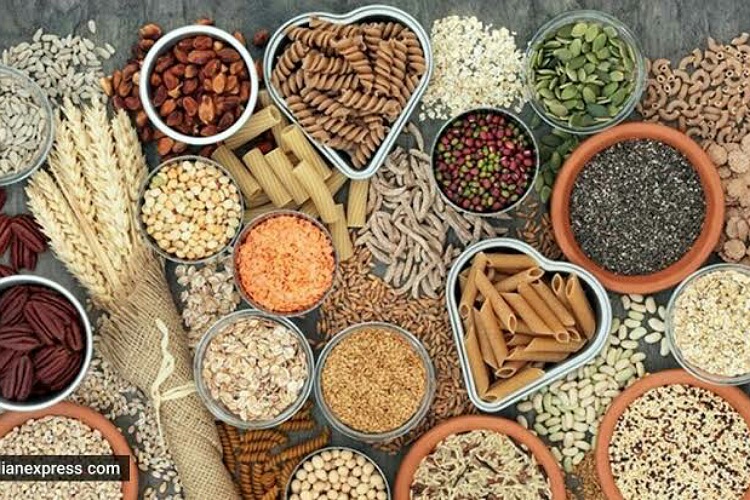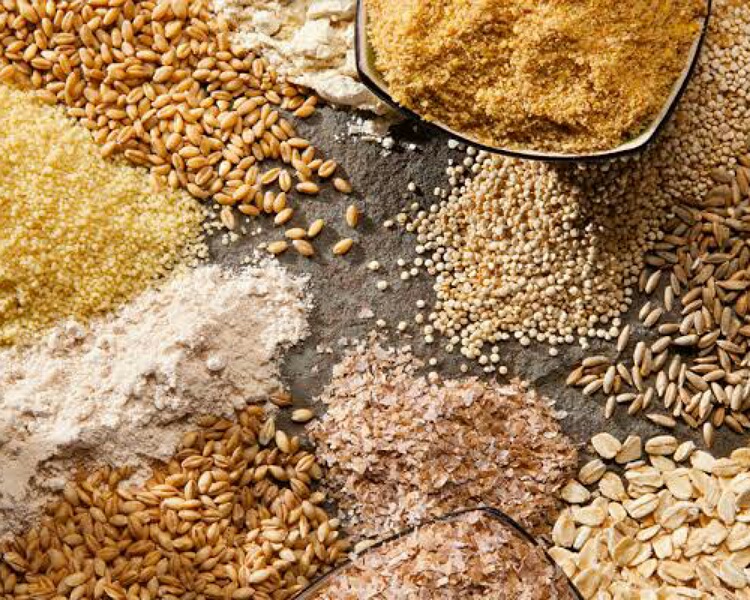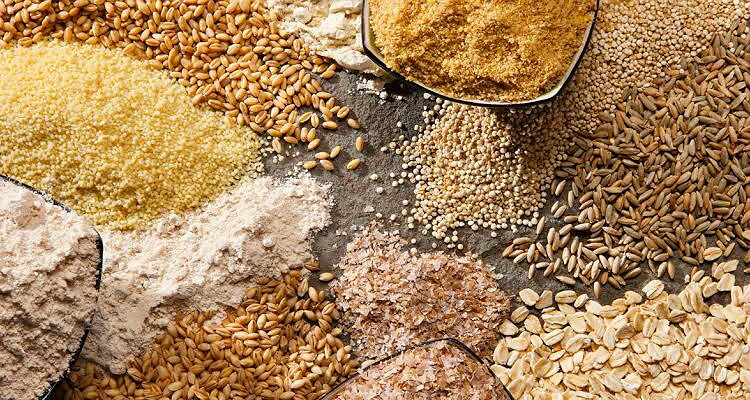Doctors and dietitians advise people to increase consumption of whole grains and do away with refined carbs. This is for health reasons. What exactly are whole grains? What are the nutritional facts about them? What are their health benefits?
Whole grains vs refined grains
Whole grains are grains that are harvested and not milled or polished. They have intact three parts namely the bran (the hard outer layer that is rich in fiber), endosperm (the starchy middle layer), and the germ (the nutrient-packed central core). The middle layer is carbs but the nutrients are present in the outermost and innermost layers of the whole grain. The bran has hoards of antioxidants, B vitamins, and fiber. While the germ has protein and healthy fats.

Sellers often refine them to increase their texture and appeal and to make them last longer. But doing so removes most of the nutrients. Hence the health benefits lessen with refining them. The whole grains are of several types. Common ones include whole-wheat flour, wheat berry, bulgur, whole-grain cornmeal, oats, quinoa, and brown rice.
Dietitian Clara Nosek, registered in California states:
“The general recommendation for whole grains is to ensure at least half the grains you eat are whole grains,”
“As a general recommendation, a cupped hand or fist-size serving is a great place to start.”
Nutritive value
Grains in the whole form are a source of complex carbs and starches. They also have B vitamins and minerals. It has thiamine or vitamin B1 that is essential for cellular metabolism. Niacin is also present in them. Besides, these grains have good amounts of folate, iron, magnesium and selenium.

Typical American foods lack in dietary fiber. This fiber is healthy and regulates bowel movements and prevents constipation. It keeps the gut healthy and boosts immunity. It prevents body inflammation and reduces blood cholesterol levels. Moreover, it prevents high blood sugar spikes. It gives a feeling of fullness and decreases body weight. Clara explains:
“Some types of fiber act as prebiotics, which means they feed the beneficial gut bacteria,”
Fiber is in ample quantities in the bran of the grains.
Health benefits
Consuming these healthy grains lessens the incidence of inflammation related diseases. Studies done in 2018 and 2022 confirmed these findings. Phytochemicals and fiber play a role in this reduction. These grains also lower the concentration of bad cholesterol in the blood. Triglycerides too come down hence there is a lower risk of coronary artery disease.

They also improve insulin sensitivity and glucose metabolism. They prevent high blood sugar spikes and type 2 diabetes. They have low glycemic index and are beneficial for health. A 2020 metanalysis in Nutrients journal showed that it decreases risk of rectal, colon, gastric, pancreatic, and esophageal cancers by 12%. People on these grains are less likely to be obese. It helps to lose and maintain ideal body weight.
Read here: 8 rare but healthy food grains worth forming a part of our daily diet!
The grains are good for gut, digestion, bowel movements and immune system. Considering its benefits, one should avoid refined grains and switch to whole grains for a healthy lifestyle.
